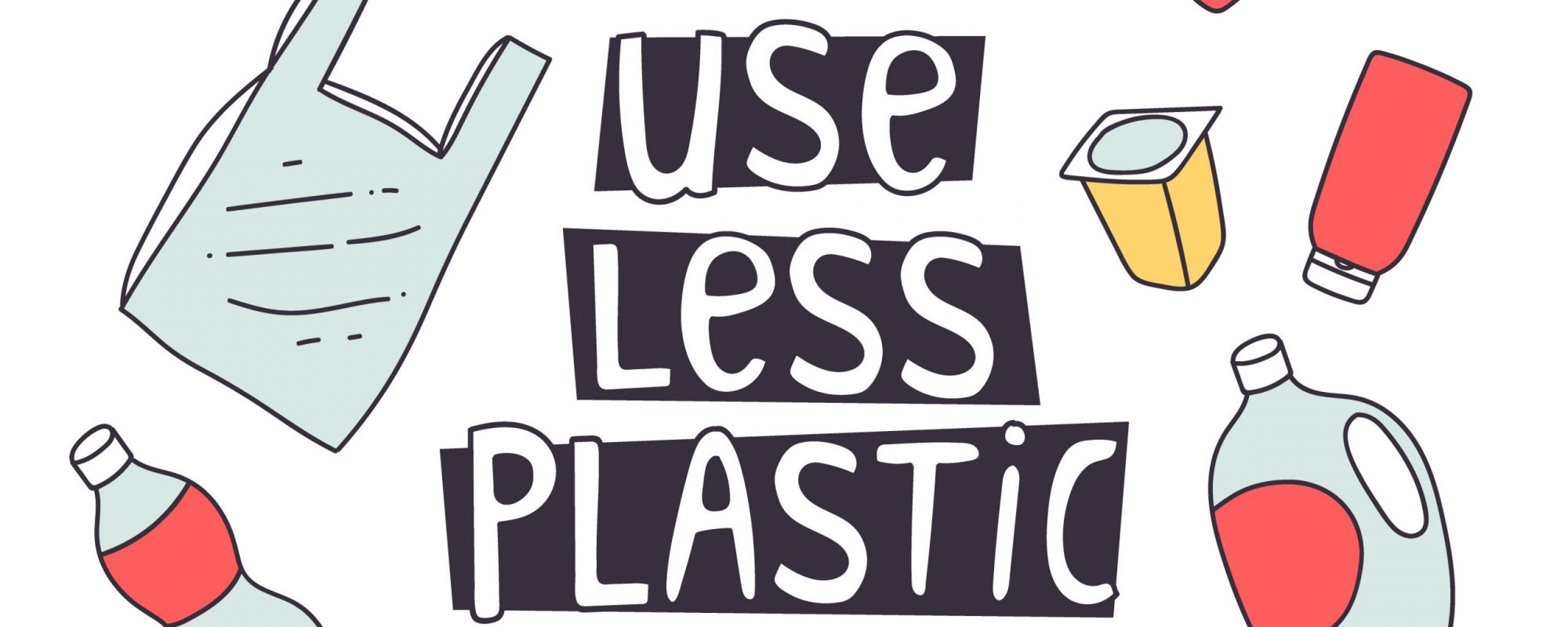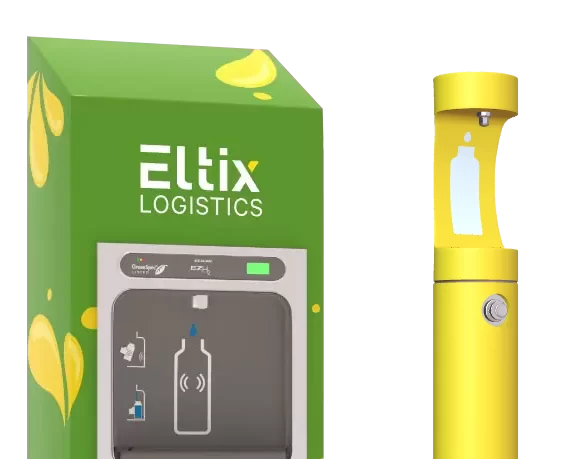 5th Jun 2018 by MIW Water Coolers
5th Jun 2018 by MIW Water Coolers
University Business Magazine Article
Response from Mike Winter, Managing Director, MIW Water Cooler Experts
1. In your experience, how are universities making their campuses more green?
In the UK, 38.5m plastic bottles are used every day – only just over half make it to recycling, while more than 16m are put into landfill, burnt or leak into the environment and oceans each day.
The popularity of programmes highlighting the scale of the problem, such as the BBC’s Blue Planet; mean that British consumers – of which students are a very vociferous part – are demanding that organisations contribute to plastic waste reduction. Universities need to be at the forefront of single-use plastic reduction to reflect the concerns of their students. I am passionate about putting an end to our reliance on single-use plastic bottles and MIW has worked with universities including Bournemouth, Southampton, Chester and Newcastle to help make their campuses greener by providing free, filtered drinking water to students and staff. This could be refurbishing older properties or ensuring water provision is included at the design stage for new buildings.
2. In terms of sustainability, what challenges have university campuses faced in the past and what advances are you aware of today?
Universities need to be seen to be at the forefront of sustainability best practice – they are providing facilities for the younger generation who are demanding that their place of study is environmentally aware and actively demonstrates good recycling provision, food waste reduction and a reduction in plastic pollution.
In the past, water provision was limited to either traditional drinking fountains, or large bottled water dispensers, complete with disposable plastic cups, which guzzled large amounts of electricity. Now universities are responding to demands for low environmental impact, sustainable solutions to hydrating staff and students, which also reduce plastic waste.
3. What criteria do universities have to meet with regards to green initiatives, and which institutions have been the most successful at doing this?
We are finding that increasingly, universities are actively seeking BREEAM (Building Research Establishment Environmental Assessment Method) certification. BREEAM is the world’s first sustainability assessment method for buildings. BREEAM does this through third party certification of the assessment of an asset’s environmental, social and economic sustainability performance, using standards developed by the Building Research Establishment (BRE). This means BREEAM rated developments are more sustainable environments that enhance the well-being of the people who live and work in them and help protect natural resources.
Amongst many other criteria, in order to achieve BREEAM status, a developer must demonstrate that they provide fresh, chilled water to their building’s inhabitants. One water cooler must be present for every 200 people. In order to pass the BREEAM test, the water cooler must be piped directly into the mains, must be tamper proof and be affixed to the wall. In addition, they may not include any plastic cups in order to encourage users to refill their own bottles and drinking glasses.
MIW has installed bottle filling stations at universities across the UK, which use 60% less water and electricity than similar models, and have an advanced drainage system that prevents drips and floods on the surrounding floor areas. These traits have earned it the “top scoring” designation from BREEAM, a rare honour given only to the best of the best in eco-friendly design.
4. Do you have any case studies of universities that are particularly focused on sustainability across their campuses?
One organisation tackling plastic pollution is Chester University. Established in 1839, the university’s staff and students felt as if they wanted to make a difference and reduce plastic waste as they cared about the environment. The University of Chester’s Sustainability Policy for 2016/2017 saw that “it is vital that the University adapts to embrace environmental sustainability as part of its wider corporate social responsibility”. Therefore, to tackle the University of Chester’s plastic waste, they decided to put it place measures to promote the reduction, re-use and recycling of waste.
This included installing a total of 19 drinking water fountains. Since installation, the university has seen a shift towards people refilling bottles over buying single-use bottles, therefore, reducing the amount of single-use plastic bottles being sold on campus.
With the bottle refill stations being constantly used across campus the university has saved approximately 500,000 bottles, or 5 tonnes of plastic, from going to landfill since installation in 2016. This amount of bottles equates to approx. 1.2 Wembley football pitches, if you lay the bottles flat on the floor.
The University of Chester is very pleased in seeing the reduction in waste plastic bottles, stating that “staff and students enjoy ‘doing their bit’ by reusing bottles…One of our machines saved 66,000 bottles in the space of 12 months, which is fantastic”, said Nick Dudley, The Facilities Administration Assistant for the University of Chester.
Newcastle University staged a ‘No Plastic’ day recently, in conjunction with MIW and #OneLess https://www.onelessbottle.org/explore-the-facts/ involving over 600 students and staff.
Research showed that on average, Newcastle University students buy and use 3 single use plastic water bottles a week. In giving out free reusable drinks bottles, the MIW #OneLess no plastic day potentially saved 1,800 single use plastic water bottles from being purchased that week – equating to 93,600 bottles per year.
95.92% of Newcastle University students said that plastic waste could be reduced if students had better and more frequent access to drinking water fountains across campus.
MIW has been working with the #OneLess campaign since October. It’s a movement pioneered by ZSL London Zoo, with the aim of reducing the amount of plastic entering the ocean by stopping single-use plastic water bottle use in London and by championing and enabling a refillable drinking water culture. As well as our work with the London team, we’ve been taking the challenge to the north of England. The enthusiasm with which the proposition of cutting single-use plastic bottles was met by Newcastle University’s students was immensely gratifying.
5. Which universities have the greenest new builds in your opinion?
Many universities are incorporating the latest green recommendations into their new builds. Southampton Solent University is one such organisation.
Southampton Solent University recognises that it has an important role to play in promoting sustainability and improving the quality of the environment for students, staff and the wider community.
The University has strategies and policies in place providing detailed action plans and targets for waste, energy and water reduction, biodiversity, procurement, sustainable construction and travel. They also discuss student, staff and community engagement activities and plans, including various well-established initiatives, such as Green Impact and Student Switch Off.
The University is currently implementing an accredited environmental management system, to assess, monitor and reduce the environmental impact of University activities at all sites. This is being undertaken through the Eco-Campus scheme. Bronze, Silver and Gold awards have been achieved and a Platinum level audit will be conducted by independent assessors in 2018.
MIW worked with the university to provide high capacity sports bottle refill stations for students – these had to be simple to operate, robust and hard wearing, WRAS and BREEAM approved and compliant for wheelchair users, and of course aesthetically pleasing.











